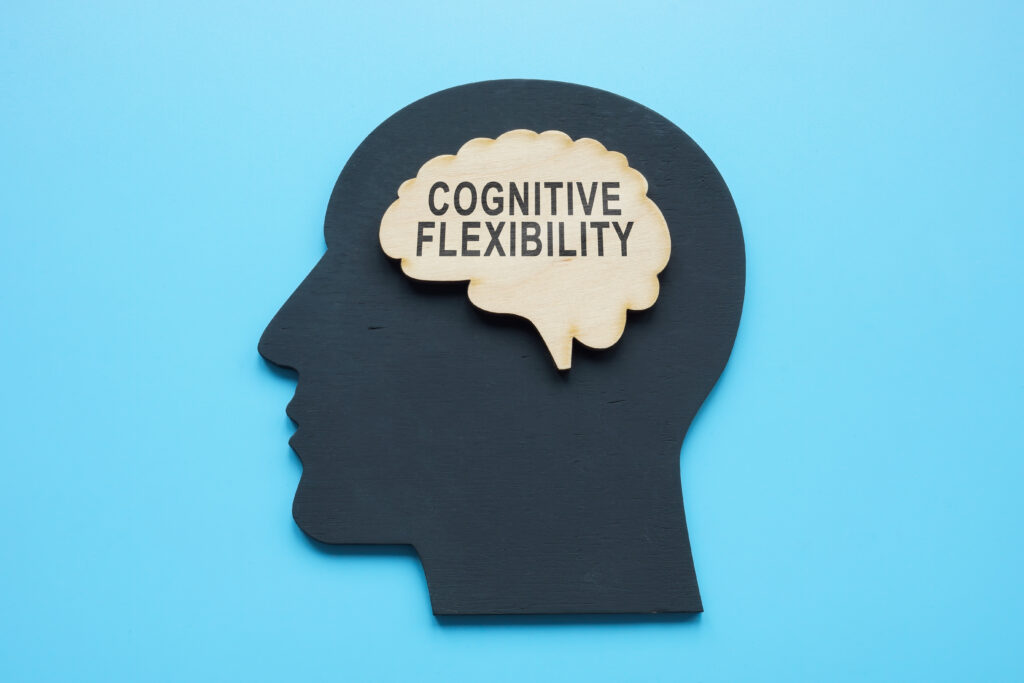Dementia is a degenerative brain disorder that affects millions of people worldwide. It is characterized by a decline in memory, cognitive abilities, and the ability to perform everyday tasks. As the disease progresses, patients often experience physical limitations and reduced quality of life. While there is currently no cure for dementia, there are various treatments and therapies that can help manage its symptoms.
One treatment that has gained attention in recent years is zero-gravity therapy. Also known as anti-gravity therapy, this form of therapy involves suspending the body in a reclined position, providing a weightless environment similar to what astronauts experience in space. This may sound like something out of a science fiction movie, but the surprising benefits of zero-gravity therapy for dementia patients have been backed by scientific research.
So how does zero-gravity therapy work? The concept is based on the principle of unloading or reducing the weight-bearing forces on the body. By suspending the body in a reclined position, gravitational forces are evenly distributed throughout the body, reducing pressure on joints, muscles, and bones. This allows for greater mobility and relaxation, which can be especially beneficial for dementia patients who may experience stiffness and pain.
One of the most significant benefits of zero-gravity therapy for dementia patients is its effect on physical function and mobility. As dementia progresses, patients may experience difficulty walking, balance issues, and an increased risk of falls. However, research has shown that zero-gravity therapy can improve gait and balance, leading to increased mobility and reduced risk of falls. This can have a significant impact on the patient’s overall quality of life.
In addition to physical benefits, zero-gravity therapy has also been found to have a positive impact on cognitive function in dementia patients. A study conducted by the University of South Carolina found that patients who underwent zero-gravity therapy experienced improved memory, attention, and decision-making skills. This is thought to be due to the increased blood flow and oxygen to the brain, which can help improve cognitive function.
Furthermore, zero-gravity therapy has been shown to reduce agitation and anxiety in dementia patients. These behavioral symptoms are common in patients with dementia and can be challenging for caregivers to manage. However, studies have demonstrated that zero-gravity therapy can decrease levels of cortisol, a stress hormone, and increase levels of serotonin, a hormone that promotes relaxation and happiness.
Another surprising benefit of zero-gravity therapy for dementia patients is its impact on sleep. Many dementia patients experience disrupted sleep patterns, leading to fatigue and increased agitation. However, research has shown that zero-gravity therapy can improve sleep quality by reducing pain and muscle tension, allowing patients to get a better night’s rest.
One of the significant advantages of zero-gravity therapy is that it is a non-invasive and non-pharmacological treatment option. This means that there are no side effects or risks associated with the therapy, making it an attractive alternative to medication. It is also a gentle form of therapy, making it suitable for elderly patients who may not be able to tolerate more vigorous treatments.
In addition to its benefits for dementia patients, zero-gravity therapy has also been shown to have positive effects on other conditions such as Parkinson’s disease, multiple sclerosis, and chronic pain. This further highlights the potential of this therapy as a valuable treatment option for various neurological and musculoskeletal disorders.
While more research is needed to fully understand the extent of the benefits of zero-gravity therapy for dementia patients, the current evidence is promising. It is a safe, effective, and non-invasive treatment option that can improve physical function, cognitive function, and overall quality of life for patients with dementia.
In conclusion, zero-gravity therapy may seem like a futuristic concept, but its benefits for dementia patients are undeniable. From improved mobility and cognitive function to reduced agitation and better sleep, this therapy offers a range of benefits that can significantly impact the lives of those living with dementia. As more research is conducted, we may discover even more surprising benefits of this unique form of therapy.


